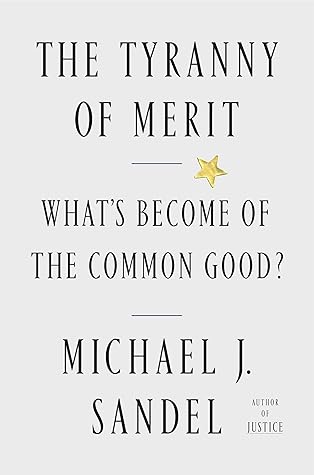Aristotle rejected Plato’s philosopher-king, but he, too, argued that the meritorious should have the greatest influence in public affairs. For him the merit relevant to governing was not wealth or noble birth, but excellence in civic virtue and phronesis, the practical wisdom to reason well about the common good.
Welcome back. Just a moment while we sign you in to your Goodreads account.


